“It was the third of June, another sleepy, dusty Delta day…” I sing in the car. This is about as far as I get before my friends groan, “Okay, THAT’S enough.” They know what’s coming next: the entire five verses of Bobbie Gentry’s Southern gothic hit, “Ode to Billie Joe.” Yep, I’ve known the lyrics to that moody little song frontwards and backwards since Daddy first brought home the single in July 1967.
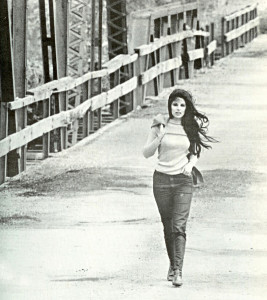 The simple, bluesy ballad describes a young man named Billie Joe McAllister, who mysteriously jumps off the Tallahatchie Bridge on the Choctaw Ridge one hot summer day. The incident is shrouded in mystery. It seems that earlier in the day, Billie Joe and a female companion were spotted throwing something off the bridge. Speculation about the song’s details abounded for months, even years, after its release. Exactly what did the pair throw from the bridge: a baby, a wedding ring, a draft card, drugs? Why did Billie Joe jump? Was he caught in a homosexual act? Was he a jilted lover? Had he committed a crime? The only person who knows for sure is Bobbie Gentry herself. The sultry-voiced artist has the distinction of being one of the first female country singer/guitarists to write and produce her own material. It was a big bridge to cross in the 1960s, when revolution was in the air, but women’s liberation was still a decade away. The beautiful, raven-haired Bobbie is 70 years old today, and I want to thank her for inspiring me at a young age to write about my life and my observations.
The simple, bluesy ballad describes a young man named Billie Joe McAllister, who mysteriously jumps off the Tallahatchie Bridge on the Choctaw Ridge one hot summer day. The incident is shrouded in mystery. It seems that earlier in the day, Billie Joe and a female companion were spotted throwing something off the bridge. Speculation about the song’s details abounded for months, even years, after its release. Exactly what did the pair throw from the bridge: a baby, a wedding ring, a draft card, drugs? Why did Billie Joe jump? Was he caught in a homosexual act? Was he a jilted lover? Had he committed a crime? The only person who knows for sure is Bobbie Gentry herself. The sultry-voiced artist has the distinction of being one of the first female country singer/guitarists to write and produce her own material. It was a big bridge to cross in the 1960s, when revolution was in the air, but women’s liberation was still a decade away. The beautiful, raven-haired Bobbie is 70 years old today, and I want to thank her for inspiring me at a young age to write about my life and my observations.
“Ode to Billie Joe” is very visual in its setup: a cotton-belt family sits around the dinner table at the end of a long day. Mama, who’s been cooking all morning, breaks the news about Billie Joe to Papa, Brother, and the narrator. Mundane family talk is interspersed with casual recollections of Billie Joe and bewilderment over his death. Papa announces that he has five more acres in the lower forty to plow. Mama tells her kin that the nice young preacher, Brother Taylor, will join them for dinner on Sunday. Brother recalls playing childhood pranks with Billie Joe, then asks for another piece of apple pie. All the while, the narrator remains silent and shaken by the news of Billy Joe, unable to eat Mama’s dinner of black-eyed peas and biscuits. As the years go by, she will frequent the Choctaw Ridge to drop flowers into the muddy waters off the Tallahatchie Bridge. I was seven years old when I first heard this song, and I’m still moved by its its imagery, its mystery and its sparse, haunting sound.
 “Ode to Billie Joe” sold over 3 million copies worldwide. It was a number one hit in the U.S., placed fourth in the Billboard year-end chart of 1967, and received eight Grammy nominations. Bobbie Gentry won Grammy awards for both Best New Artist and Best Female Pop Vocal Performance. The song also garnered a Grammy for arranger Jimmie Haskell. Rolling Stone magazine has ranked it #412 in its list of the 500 Greatest Songs of All Time. The song’s popularity endured well into the ’70s, when Warner Brothers Studios adapted it into a movie in 1976.
“Ode to Billie Joe” sold over 3 million copies worldwide. It was a number one hit in the U.S., placed fourth in the Billboard year-end chart of 1967, and received eight Grammy nominations. Bobbie Gentry won Grammy awards for both Best New Artist and Best Female Pop Vocal Performance. The song also garnered a Grammy for arranger Jimmie Haskell. Rolling Stone magazine has ranked it #412 in its list of the 500 Greatest Songs of All Time. The song’s popularity endured well into the ’70s, when Warner Brothers Studios adapted it into a movie in 1976.
Bobbie Gentry placed 11 singles on the Billboard Hot 100, released half a dozen albums and performed as a highly successful artist on the Las Vegas Strip through the early 1980s. Her contributions should never be forgotten. Today let’s wish a very happy birthday to Bobbie, a multi-talented woman who scored an unlikely hit — an eerie little ode that truly stood out among the psychedelic sounds of that crazy Summer of Love.
By Dana Spiardi, July 27, 2014

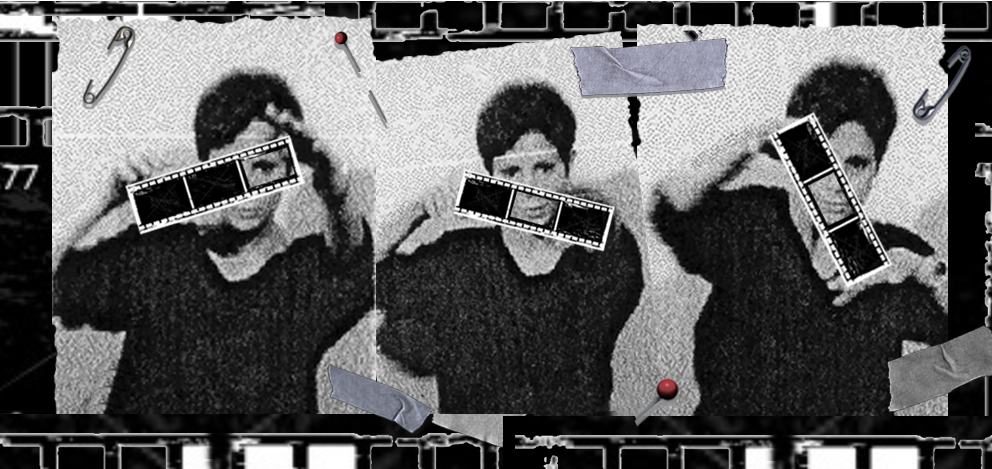
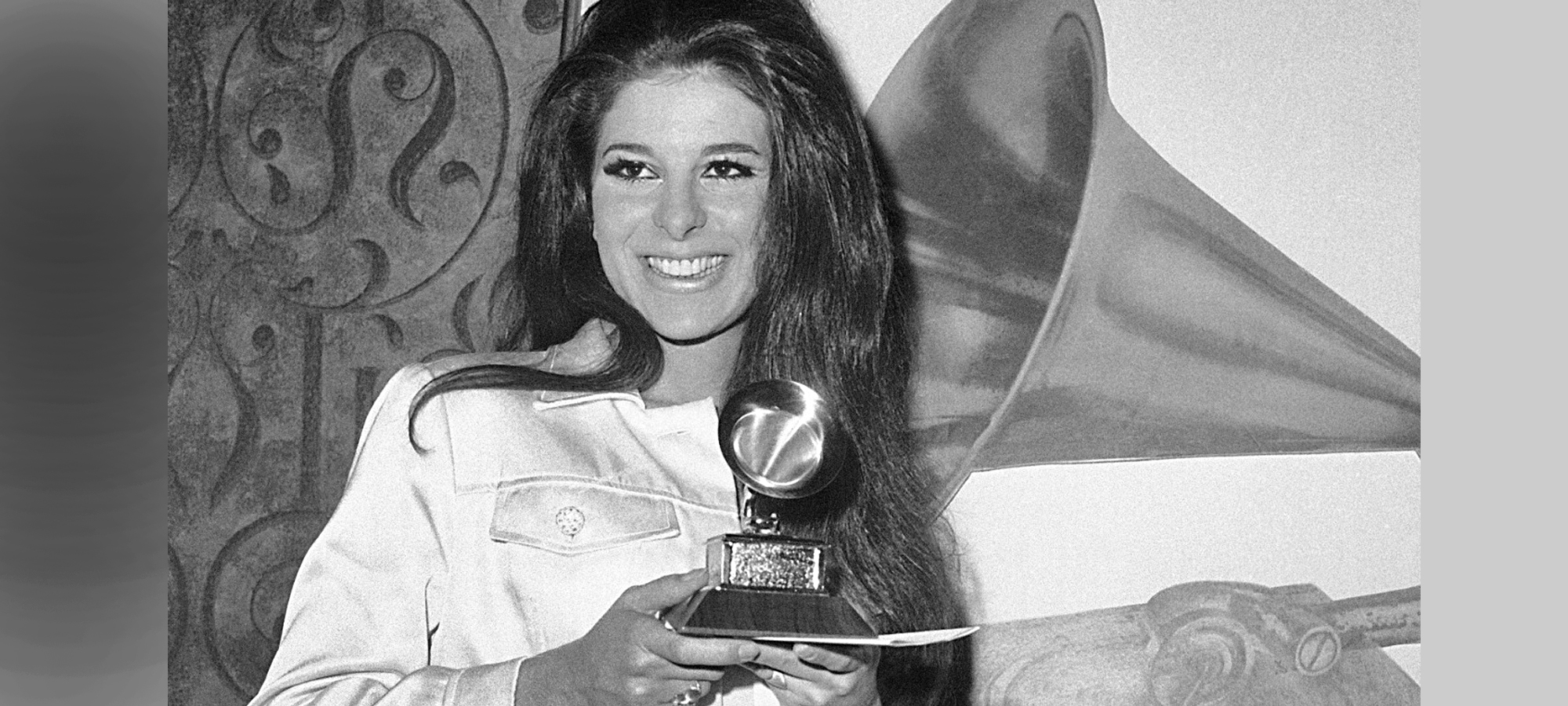
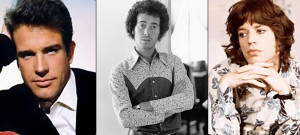

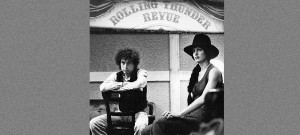

Very nice. I can’t believe you know all those words!
I always liked this song! Good post, and thanks for the background info on Bobbie Gentry!
I forgot all about her. She was kind of hip wasn’t she? Part of the Johnny Cash kinda crowd?
Yep, she was one of those cross-over types who appealed to country AND rock/folk fans. Here’s a link to an episode of Johnny Cash”s TV show. He and Bobbie sing together:
That song has ALWAYS been one of my favorites. I guess “the dark side” in me leans toward the thought that it was indeed a baby being thrown from the bridge. Since the water is “muddy,” I assume Billy’s (and the baby’s) bodies would never be found. This is the only cemetery the narrator can visit for the two of them.
Tom, I received more comments that usual on this post. I guess that song affected a lot of people! Thanks for reading it.
Great article! I hadn’t heard that song in decades. It is very visual. I like that about a song. And a movie.
GREAT stuff Dana! I always liked this tune and have specualted for years. Did Bobbie ever say a definitive answer?? I hope not!
There is a lot of false information about Bobbie Gentry on the internet. She headlined major casinos in Vegas from the late 1960’s into the early 1980’s. She was voted top female act on the strip 6 years running and signed the first female 7 figure deal in 1970. She was way ahead of her time, forming her own production and publishing companies in the 1960’s. Gentry ltd co-produced her popular B.B.C variety series which ran from 1968-1971 and many of her prime time specials. Ironically her other classic story song, Fancy, has been bringing in huge royalties in the last two decades. Covered by a dozen artists including Reba McEntire who has placed the song on 4 albums including Greatest Hits volume 2 with 10 million units sold. Ode to Billie Joe has sold over 50 million records on over 100 covers. Master jazz pianist, Bill Evans, place the Gentry composition, Mornin’ Glory as the opening track on his historic ‘Live In Toyko album, turning it into a modern jazz masterpiece. The late jazz master played the song at every concert he performed after 1970.
Great song and artist. Some quick trivia: She was married to Bill Harrah (Harrah’s Casinos) and Jim Stafford (“I Don’t Like Flowers or Snakes”), but he divorced her (the fool). She was an investor in the expansion Phoenix Suns pro basketball team, along with Andy Williams and Ed Ames (the Daniel Boone TV show). She later sold her interest for a fortune.
Thanks for reading my blog, Pat, and for contributing that interesting information!